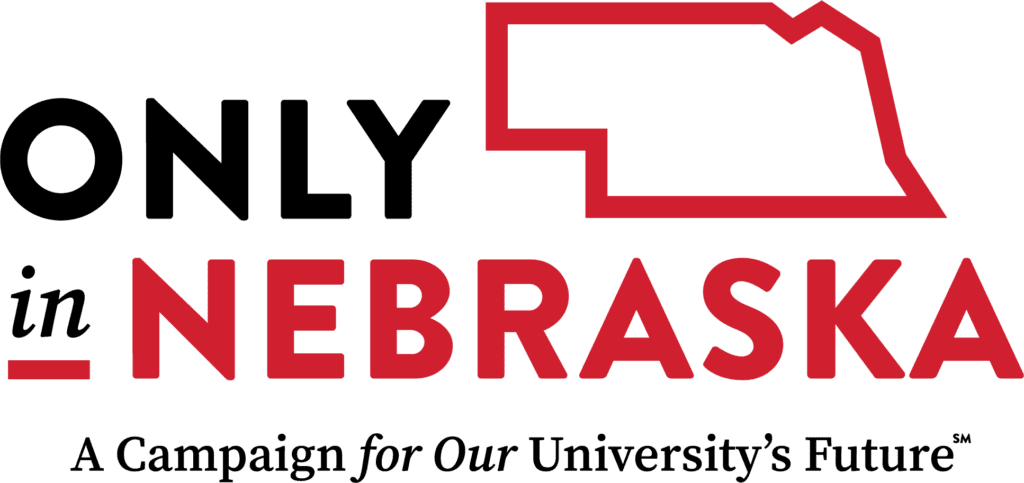Public health student hopes to do her best in areas that are the worst
The photo haunts Laura Hansen.
That’s why the 23-year-old framed it and hung it on the wall above her desk. It reminds her of why she’s studying for a master’s degree in community health education at the University of Nebraska Medical Center’s College of Public Health.
It reminds her of that makeshift medical clinic in Haiti.
It reminds her of those two little girls, who came to the clinic one evening to fill their stomachs with rice and beans and chicken – a feast for kids who don’t eat every day.
When they’d finished eating, Laura took their picture.
“Their faces were – it wasn’t a smile but it was like a look of contentment for a while,” she says. “I see that picture and it makes me remember what my motivation is.”
The goal of UNMC’s College of Public Health is to increase the odds that everyone, everywhere can, and will, make healthy choices through prevention and health promotion.
Laura, a Wayne State graduate, began studying at UNMC last fall. Her focus is community health education and health disparities, like those she saw in Haiti.
She works 20 hours a week as a grad assistant and also waits tables at a country club in Omaha to help pay the bills. She joined the executive board of UNMC’s “Bridge to Care,” a student-led refugee health organization.
Recently, she was named one of four winners of the College of Public Health’s Carruth J. Wagner, M.D. Scholarship in Public Health. The one-year gift is worth $1,000.
“It was such a pleasant surprise and sigh of relief to know that maybe I don’t have to pick up an extra two shifts at my second job because this extra income will really help me focus on my primary goal, which is school,” she says.
“I’m just very thankful and very honored that I was a recipient of such a great scholarship.”
She’d like to work someday in areas that are the “worst of the worst,” she says, like Haiti. She took a five-hour truck ride to get to the town with that clinic, past tent cities and earthquake rubble, along unpaved mountain roads.
The clinic was in a barn on a coffee plantation. Bed sheets separated the rooms. Laura slept on a cot, above all the bugs.
One day, a pregnant 19-year-old came to the clinic. She’d had no prenatal care. She was bleeding. Laura and a doctor took her to the hospital, and she delivered a relatively healthy baby that night.
“We were just very fortunate for that woman that the hospital was available on that day, at that time. The birth outcome for both mother and that child probably would have been a very different circumstance.”
Disparities in healthcare don’t just happen in poor countries far away. They happen in Nebraska, too.
Laura graduated from high school in Osmond, a small town in northeast Nebraska. As a girl, she saw how health disparities affected rural communities like hers.
Even her own family.
Her mother had a major heart problem. She had to be life-flighted to an Omaha hospital that had the right equipment and technology to treat her. Such a scenario is almost a fact of life, Laura says, for people in rural areas.
Disparities in healthcare happen in cities like Omaha, too, she says, and that’s why public health education is so important.
“Health disparities and public health and reaching that greater number of people really interests me,” Laura says. “And hearing the reputation of UNMC throughout my entire life growing up in rural Nebraska, it was kind of a no-brainer that UNMC would definitely be the best school for my interests.”
Scholarships and other support for students is a goal of the Campaign for Nebraska. If you’d like to help students like Laura in the College of Public Health, consider giving to the College of Public Health Student Assistance Fund or contact the foundation’s Karen Levin, 800-432-3216.





